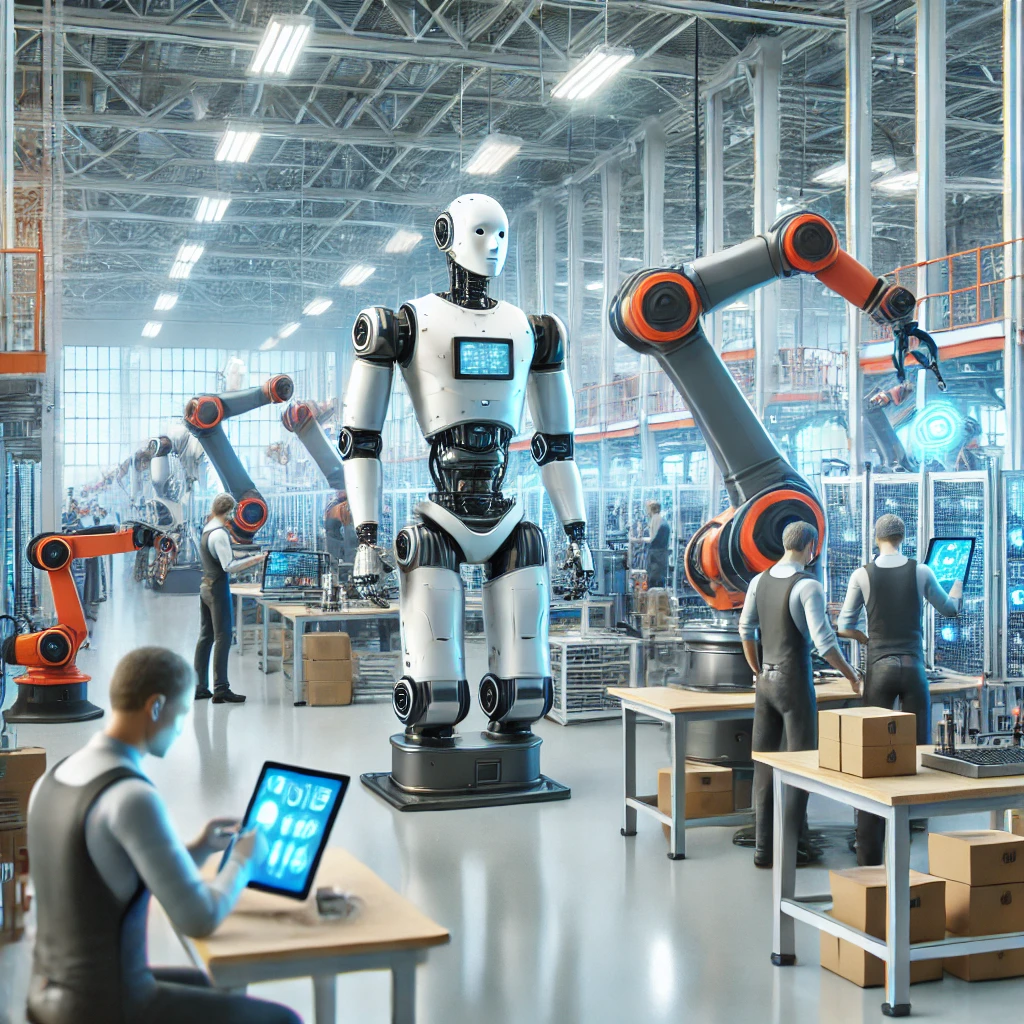What are Assistive Robots Helpful For?
Article Source: MDPI - Robotics

Why you should care
Collaborative robots, or cobots, are revolutionizing industries by working alongside humans to perform tasks with greater efficiency and precision. These robots enhance workplace safety and productivity, making them an integral part of industries like manufacturing, healthcare, and logistics. Cobots have the potential to reshape how humans and machines collaborate in the workforce.
Answering the question… What are Assistive Robots Helpful For?
Cobots are designed to assist humans in tasks that require precision, speed, and safety. Unlike traditional robots, which operate independently, cobots work side by side with human workers. They are used in tasks such as assembly line work, handling hazardous materials, and even assisting in surgeries. The adaptability of cobots allows them to be quickly programmed for new tasks, making them an essential tool in industries where flexibility is key.
How was the study done?
The study involved analyzing the effectiveness of cobots across various industries. Researchers collected data from sectors such as automotive, healthcare, and logistics to evaluate how cobots impact efficiency, safety, and cost. Surveys and case studies were used to gauge the opinions of workers and employers on how well cobots have integrated into their workflow, particularly in terms of productivity and safety improvements.
What was discovered?
- Increased Productivity: Cobots have been shown to increase productivity by up to 85% in industries such as automotive assembly, electronics, and packaging. For example, in car manufacturing, cobots help with tasks like installing bolts and painting surfaces, reducing assembly time by 30%.
- Cost Efficiency: Companies implementing cobots have reported seeing a return on investment (ROI) in as little as 18 months, with some businesses reporting cost savings of over 40% due to reduced downtime and increased output.
- Enhanced Safety: Cobots are equipped with advanced sensors that allow them to stop instantly when they detect human movement, reducing workplace accidents by an estimated 30% in manufacturing settings.
- Versatility: Cobots can be reprogrammed to handle different tasks quickly. In warehouses, they have increased item-picking efficiency by up to 50%, significantly speeding up the fulfillment process.
- Healthcare: Cobots are being used in surgeries to assist with precision tasks, such as positioning surgical tools, which reduces human error and leads to improved patient outcomes. Surgeons using cobots have reported a 25% improvement in operation precision.
Why does it matter?
Cobots are transforming industries by increasing efficiency, reducing operational costs, and improving workplace safety. Their adaptability makes them valuable in both industrial and healthcare settings, where precision and speed are essential. As more industries adopt cobots, the global workforce will benefit from safer working conditions and greater productivity, making cobots a game-changer in how we approach automation.
You can read the full article here.
